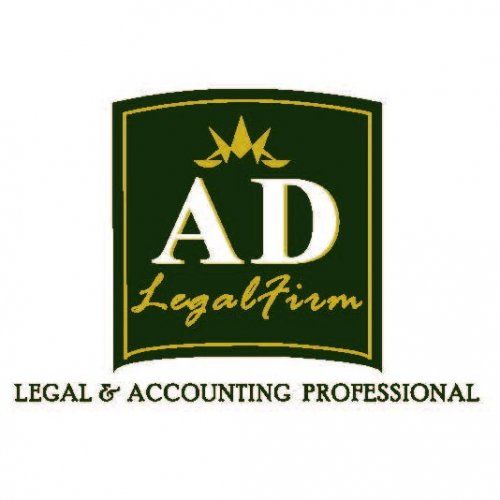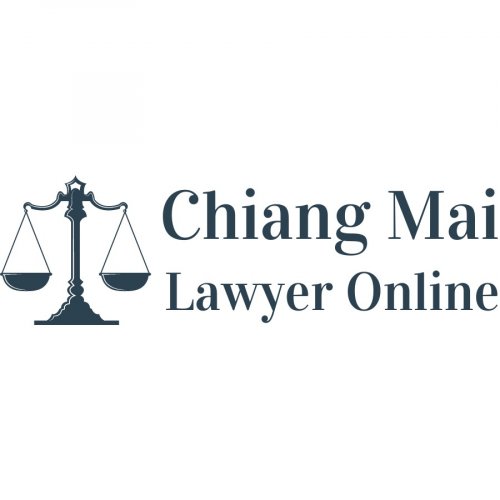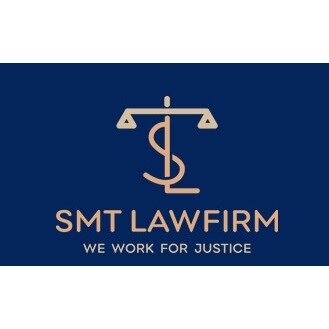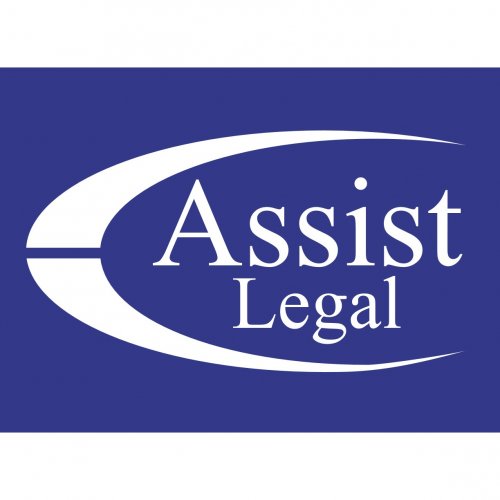Best Sanctions & Export Controls Lawyers in Chiang Mai
Share your needs with us, get contacted by law firms.
Free. Takes 2 min.
List of the best lawyers in Chiang Mai, Thailand
Legal guides written by SIAM LEGAL INTERNATIONAL:
- Defamation Laws in Thailand: Criminal Charges and Civil Suits
- The State of Thailand’s Long-Term Resident (LTR) Visa Program in 2025
- The Penalties Of Not Filing Your Income Tax Return As A Foreigner In Thailand
About Sanctions & Export Controls Law in Chiang Mai, Thailand
Sanctions and export controls are areas of law that regulate the international movement of goods, technology, and financial services. In Chiang Mai, Thailand, these laws are enforced by a combination of domestic regulations and international agreements. The purpose of sanctions is typically to advance national security and foreign policy interests, such as restricting trade with certain countries, entities, or individuals. Export controls, on the other hand, restrict the export and re-export of certain products, dual-use items, technology, or services to designated destinations or entities. Chiang Mai is an increasingly important center for cross-border trade and business, making compliance with these laws essential for companies and individuals operating in the region.
Why You May Need a Lawyer
Legal issues related to sanctions and export controls can be complex and carry significant consequences if handled incorrectly. You may need a lawyer in situations such as:
- Conducting cross-border transactions that may involve restricted countries or entities
- Exporting sensitive technology, software, or dual-use goods from Thailand
- Receiving inquiries or investigations from government authorities about your business practices
- Facing allegations of violating export or sanctions law
- Ensuring compliance for multinational operations or supply chain management
- Applying for licenses or permits for exporting certain products
- Understanding the legal requirements when importing goods into Thailand
- Drafting or reviewing contracts that include foreign parties
- Responding to reports of suspicious transactions
- Training staff on best practices and legal obligations under Thai law
Given the risks of fines, asset seizures, and reputational damage, professional legal guidance is highly advisable.
Local Laws Overview
Thailand regulates sanctions and export controls primarily through its domestic laws, but also complies with certain international standards. Key aspects of the local legal landscape in Chiang Mai include:
- The Ministry of Commerce oversees the export controls regime, including the "List Control" of prohibited and restricted goods
- Thailand has a system of import and export licensing that applies to select items such as arms, chemicals, and dual-use goods
- There are specific restrictions on trade with certain countries and organizations, especially those under United Nations sanctions
- The Bank of Thailand supervises financial transactions to ensure compliance with sanctions and anti-money laundering laws
- Penalties for non-compliance range from administrative fines to criminal prosecution and asset forfeiture
- International companies may need to balance Thai law with sanctions regimes from the United States, the European Union, or other jurisdictions, especially if they have global business operations
Local enforcement can be strict, particularly on cases involving national security, technology transfers, or violations of multilateral agreements.
Frequently Asked Questions
What are the main sanctions laws in Thailand?
Sanctions in Thailand are largely aligned with United Nations Security Council resolutions and certain regional agreements. The government may also impose its own restrictions on particular countries, entities, or goods when deemed necessary.
Who enforces export controls in Chiang Mai?
Export controls are enforced by multiple agencies, primarily the Ministry of Commerce, with support from customs authorities and other relevant ministries based on the nature of the goods or technology.
Do I need a government license to export goods?
Some goods require an export license, especially if they are on the restricted or controlled list. This includes items like chemicals, dual-use goods, agricultural products, and cultural artifacts.
What is considered a dual-use item?
A dual-use item is a product or technology that can be used for both civilian and military purposes. Exporting such items often requires special permission from authorities.
What penalties exist for violating sanctions or export controls?
Penalties can range from administrative fines and the seizure of goods to imprisonment for severe offenses. Companies may also face business restrictions and reputational harm.
Are there any restrictions on financial transactions with sanctioned entities?
Yes, financial institutions in Chiang Mai must comply with national and international sanctions by freezing assets and blocking transactions with sanctioned individuals or entities.
What should I do if I am investigated for a possible sanctions violation?
Seek legal advice immediately. Do not attempt to conceal or destroy evidence, and cooperate with the authorities while protecting your legal rights.
How can a lawyer help with export controls compliance?
A specialized lawyer can assess your business activities, help you interpret the laws, guide you on compliance strategies, and represent you in case of investigations or enforcement actions.
Can foreign companies be prosecuted under Thai sanctions law?
Yes, if their activities, transactions, or goods transit through or involve Thailand, foreign companies must comply with local laws and face prosecution if violations occur.
Do sanctions and export controls affect personal items sent overseas?
Usually, personal and non-commercial shipments are not subject to strict controls. However, certain goods, such as cultural heritage items, wildlife products, or high-value electronics, may still have restrictions.
Additional Resources
For more information or assistance regarding sanctions and export controls in Chiang Mai, consider these resources:
- Ministry of Commerce - Department of Foreign Trade: The primary authority for export control regulations and licensing.
- Customs Department Thailand: Information about customs rules, restricted goods, and import-export procedures.
- Bank of Thailand: Guidelines on financial sanctions and compliance with anti-money laundering laws.
- United Nations Security Council Sanctions Committees: Updates on international sanctions adopted by Thailand.
- Local business chambers, such as the Chiang Mai Chamber of Commerce, which provide updates and seminars on trade regulations.
- Law firms with expertise in international trade, sanctions, and export control law.
Next Steps
If you need legal advice or assistance with sanctions and export controls in Chiang Mai, here are steps to consider:
- Identify and consult with a qualified lawyer or law firm specializing in trade compliance.
- Gather all relevant documentation related to your business, shipments, or transactions.
- Request a compliance review or audit to identify possible risks or violations.
- If facing an investigation or enforcement action, seek immediate legal representation to protect your rights and develop a response strategy.
- Stay updated on changes to both Thai and international sanctions and export control laws that might impact your activities.
- Consider training and awareness sessions for staff to ensure ongoing compliance.
Taking a proactive approach and working with knowledgeable legal professionals can help you navigate the complexities of sanctions and export controls, minimizing risks and ensuring business continuity in Chiang Mai, Thailand.
Lawzana helps you find the best lawyers and law firms in Chiang Mai through a curated and pre-screened list of qualified legal professionals. Our platform offers rankings and detailed profiles of attorneys and law firms, allowing you to compare based on practice areas, including Sanctions & Export Controls, experience, and client feedback.
Each profile includes a description of the firm's areas of practice, client reviews, team members and partners, year of establishment, spoken languages, office locations, contact information, social media presence, and any published articles or resources. Most firms on our platform speak English and are experienced in both local and international legal matters.
Get a quote from top-rated law firms in Chiang Mai, Thailand — quickly, securely, and without unnecessary hassle.
Disclaimer:
The information provided on this page is for general informational purposes only and does not constitute legal advice. While we strive to ensure the accuracy and relevance of the content, legal information may change over time, and interpretations of the law can vary. You should always consult with a qualified legal professional for advice specific to your situation.
We disclaim all liability for actions taken or not taken based on the content of this page. If you believe any information is incorrect or outdated, please contact us, and we will review and update it where appropriate.

















